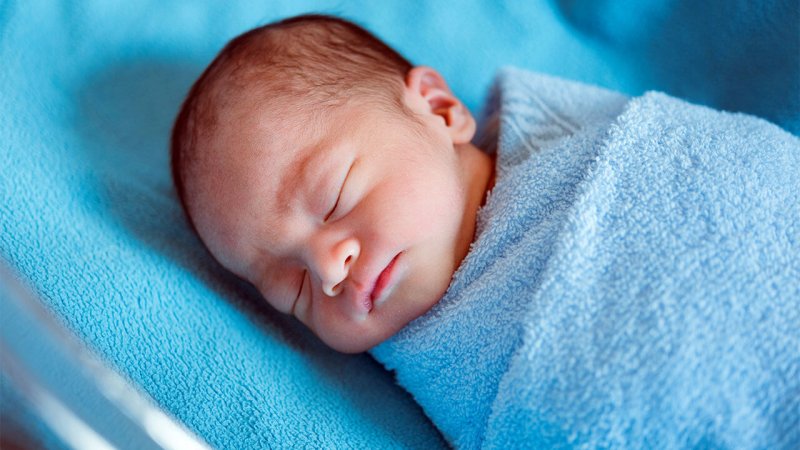…
Not to edit:
It is irresponsible at this time for anyone to proceed with clinical applications of human germline genome editing [WHO committee].
Unequal access to the technology could increase inequality. Genetic enhancement could even divide humans into subspecies [Nature call].
…
To edit:
We enhance the intelligence of our children, we have been doing it for millennia: we educate them. (…) I just don’t think that blue eyes and (an extra) 15 IQ points is really a public health threat, I don’t think it’s a threat to our morality [G. Church].
We conclude that so long as heritable genome editing interventions are consistent with the welfare of the future person and with social justice and solidarity, they do not contravene any categorical moral prohibition [Nuffield Council on Bioethics].
…
We are not there yet, but inevitably we will be. What side will you choose? What side will choose the humanity?
For sure, we are going to change what is known as Homo sapiens.
Read full, original post: Context Watch: To edit or not to edit? At the brink of newborn genome editing































